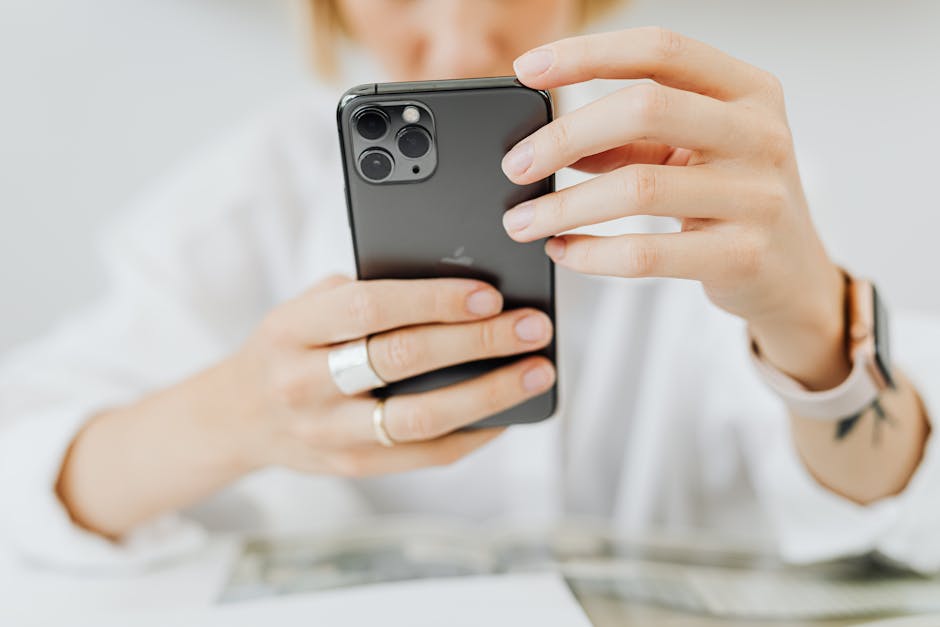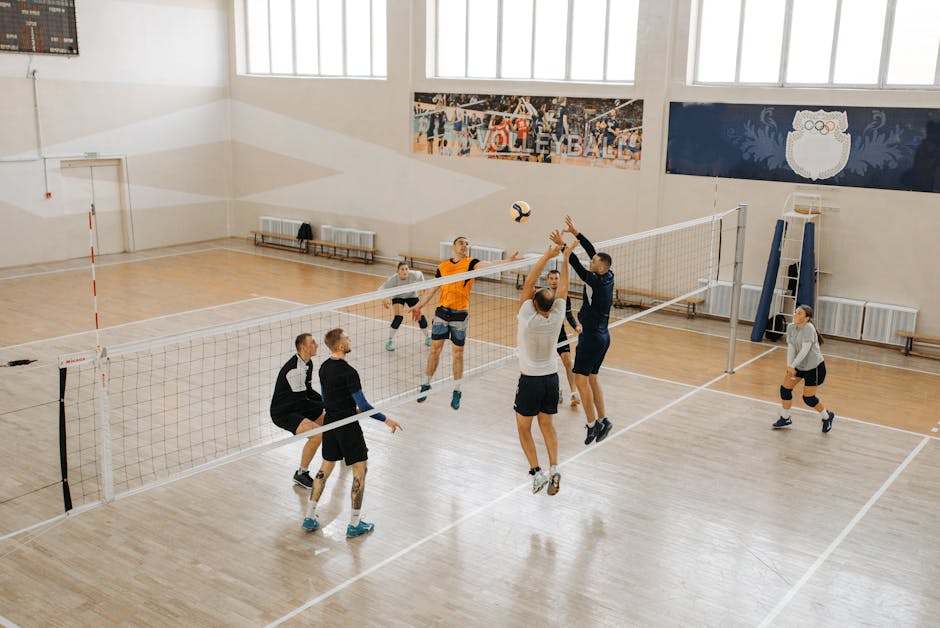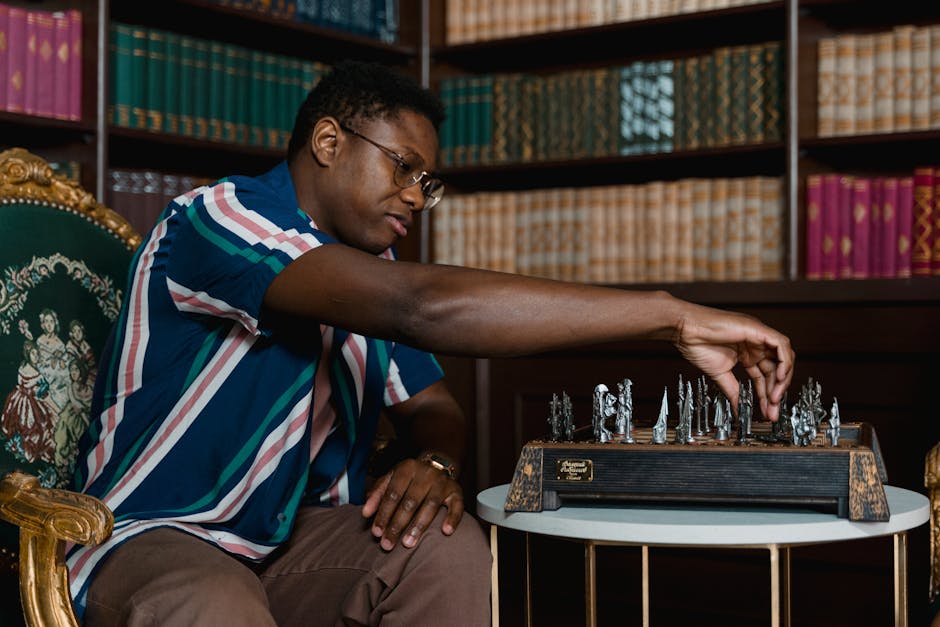A Pre-emptive Strike in the Smart Ring War
The battle for your finger is heating up. For years, the Oura Ring has been the undisputed king of the smart ring space, a subtle yet powerful wellness tracker. But with tech behemoth Samsung set to crash the party with its much-hyped Galaxy Ring, everyone expected Oura to be on the defensive.
They thought wrong.
In a masterstroke of timing, Oura has just fired a massive shot across Samsung’s bow. The company announced a complete overhaul of its app, infused with powerful AI features that transform it from a data dashboard into a personal health conversationalist. This move is clearly designed to make anyone waiting for the Galaxy Ring feel a serious pang of feature envy.
What’s New? Meet Your Personal AI Health Coach
The revamped Oura app introduces two game-changing features: the AI-powered Ask Oura and the experimental Oura Labs.
Ask Oura: From Data Points to Dialogue
Forget trying to decipher your sleep graphs and Readiness scores on your own. Ask Oura is a new, chat-based feature powered by generative AI. It allows you to ask natural language questions directly within the app, such as:
- “Why did I sleep so badly last night?”
- “What’s the one thing I can do today to improve my energy?”
- “My readiness score is low, what does that mean for my workout?”
The AI then analyzes your personal data—sleep patterns, activity levels, heart rate variability, and more—to provide a contextual, personalized answer. It’s the difference between being handed a complex report and having a doctor explain what it actually means for you. This leap from data presentation to genuine, actionable insight makes the Oura subscription infinitely more valuable for its users.
Oura Labs: A Playground for Power Users
Alongside the main AI launch, Oura is introducing Oura Labs. This is a new section in the app where the company can beta test more advanced, experimental features for its dedicated users. This shows Oura is committed to not only making data accessible for beginners but also pushing the boundaries for the bio-hacking community that helped build its brand.
Oura vs. Samsung Galaxy Ring: The AI Advantage
The Samsung Galaxy Ring is undoubtedly one of the most anticipated gadgets of the year. It promises seamless integration with the Samsung Health ecosystem, top-tier hardware, and the backing of a global giant. It will likely do a fantastic job of collecting data—steps, sleep, heart rate, you name it.
But here’s the crucial difference: Samsung is launching a piece of hardware. Oura has just reminded everyone that the magic isn’t just in the ring on your finger; it’s in the intelligence that interprets its data.
While the Galaxy Ring will launch with a solid, data-rich app, it’s highly improbable it will have an AI conversational tool as sophisticated as Ask Oura right out of the gate. Building and fine-tuning such a feature requires years of focused development and, most importantly, a massive dataset of real-world health metrics—something Oura has been accumulating for nearly a decade.
The Future of Wearables is Smarter Software
Oura has cleverly shifted the goalposts. The conversation is no longer just “Whose hardware is better?” but “Whose software is smarter?”. They have thrown down the gauntlet, declaring that the future of wearables is not just tracking, but intelligent, personalized coaching.
The ball is now in Samsung’s court. They have the resources to compete, but Oura has the head start and the data. As the smart ring war officially kicks off, existing Oura users can sit back, chat with their AI health coach, and watch the competition scramble to catch up. For those eagerly awaiting the Galaxy Ring, the wish list of features just got a whole lot longer.




